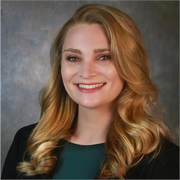
A #PharmToExamTable question about the evidence for using voriconazole in disseminated Histoplasmosis infection, answered by Molly Kernan, PharmD, a graduate of the UNMC College of Pharmacy and current pharmacy resident at Nebraska Medicine.
(Reviewed by Andrew Watkins, PharmD)
What is Histoplasma?
Histoplasma capsulatum is a dimorphic fungus that is endemic in the Ohio and Mississippi River valleys in the United States. It is primarily found in soil contaminated with bat and bird droppings.1 In immunocompetent patients, infection with H. capsulatum typically produces mild to no symptoms; however, in immunocompromised patients, the infection can spread systemically leading to pneumonia, pericarditis, or meningitis. Most immunocompetent patients will clear the infection without treatment, but more severe manifestations require systemic antifungal treatment.2
How do we treat it?
Current IDSA treatment guidelines stratify treatment by both site and severity of infection. In general, the preferred treatment for moderate to severe histoplasmosis of any body site is one to two weeks of intravenous (IV) amphotericin B followed by maintenance oral itraconazole for at least 12 weeks with the potential for life-long suppression in some patients. The guidelines also recommend voriconazole, among all three other available triazoles, as a second-line agent if itraconazole is not tolerated, failed, or contraindicated.3 There are many reasons itraconazole could be inappropriate for a specific patient. Itraconazole is not appropriate for patients with a history of cardiac or liver disease, chronic obstructive pulmonary disease (COPD), or preexisting hearing loss. There is rather intensive monitoring that is required with itraconazole therapy due to its unpredictable absorption and intrapatient variability. For these reasons, many patients and clinicians have chosen to use voriconazole as a second-line option for oral antifungal therapy, but there is limited evidence regarding its efficacy in treating histoplasmosis.
What evidence does exist?
Freifeld et al. followed nine patients with disseminated histoplasmosis who had failed amphotericin B or itraconazole and were placed on voriconazole as second-line therapy. All nine patients clinically improved during their voriconazole course. Random drug levels obtained ranged from undetectable (<0.125 μg/mL) to 8 μg/mL. While it is impossible to determine if the patients with undetectable blood levels had adequate blood levels of the drug, the fact that all nine patients clinically improved led to the conclusion that voriconazole is a potential treatment for histoplasmosis in some patients, but monitoring of blood levels is essential.5 Accordingly, IDSA guidelines suggest routine monitoring of blood levels if voriconazole is chosen for histoplasmosis treatment.3
In addition to the above PK study, there have been several case reports of patients with histoplasmosis who recovered after treatment with voriconazole. Dhawan et al. followed a three-year-old child diagnosed with disseminated cutaneous histoplasmosis who cleared the infection after treatment with voriconazole was started at a dose of 70 mg by mouth daily following treatment failure with the first-line agents.8 Another case study by Nakamura et al. followed a patient with AIDS who presented with disseminated histoplasmosis and was initially treated with 18 days of amphotericin B; he was then switched to oral itraconazole and started antiretroviral therapy. After two weeks, C-reactive protein and (1,3)-β-D glucan were still elevated, so he was switched to oral voriconazole. He clinically improved and was discharged from the hospital two weeks later. After two and a half years of voriconazole therapy, his (1,3)-β-D glucan was still positive, but he showed no residual symptoms of infection.9
Are there any large studies investigating these different treatment options?
Although there are no prospective studies available comparing itraconazole and voriconazole, the largest available data set comes from a retrospective cohort study performed by Hendrix et al. The study included 194 patients with confirmed histoplasmosis infection, with 40.7% classified as immunocompetent and 59.3% considered immunosuppressed in some manner (including malignancy, transplant recipient, HIV, or receiving chemotherapy, prednisone, a biologic agent or a nonsteroidal immunosuppressive agent). Amphotericin B induction was used in 45.9% of patients before switching to oral azole therapy, 90.2% of whom were placed on itraconazole and 9.8% of whom were placed on voriconazole. The results of this study indicate that voriconazole should not be chosen as a first line option if amphotericin B induction is not used, but that similar outcomes might be expected with maintenance therapy of itraconazole and voriconazole.7
Conclusion
In summary, there is limited data available to justify using voriconazole for the treatment of histoplasmosis infection. While there have been several case reports of patients successfully treated with voriconazole, PK data indicates there may be resistance emerging. In the only retrospective study available, there was a significant increase in mortality with voriconazole vs itraconazole when used as monotherapy with no amphotericin B induction. There was, however, no difference in mortality between voriconazole and itraconazole when amphotericin B induction was used. These data suggest that itraconazole should be used as a first-line option, but voriconazole may be an appropriate alternative option for patients who cannot take or tolerate itraconazole, especially if amphotericin B induction was used.
References
- Centers for Disease Control and Prevention. Histoplasmosis. 2020 Dec 29. https://www.cdc.gov/fungal/diseases/histoplasmosis/index.html
- Mayo Clinic. Histoplasmosis. 2020 Feb 20. https://www.mayoclinic.org/diseases-conditions/histoplasmosis/symptoms-causes/syc-20373495
- Wheat LJ, Frreifeld AG, Kleiman MB, Baddley JW, McKinsey DS, Loyd JE, et al. Clinical Practice Guidelines for the Management of Patients with Histoplasmosis: 2007 Update by the Infectious Diseases Society of America. Clin Infect Dis. 2007;45:807-25.
- Sporanox (itraconazole) oral solution [package insert] Beerse, Belgium:Janssen Pharmaceutica N.V.;2003.
- Freifeld A, Arnold S, Ooi W, Chen F, Meyer T, Wheat JL, et al. Relationship of Blood Level and Susceptibility in Voriconazole Treatment of Histoplasmosis. Antimicrob Agents Chemother. 2007 Jul;51(7):2656-57.
- Wheat JL, Connolly P, Smedema M, Durkin M, Brizendine E, Mann P, et al. Activity of newer triazoles against Histoplasma capsulatum from patients with AIDS who railed fluconazole. J Antimicrob Chemoth. 2006 April 20;57:1235-1239.
- Hendrix MJ, Larson L, Rauseo AM, Rutjanawech S, Franklin AD, Powderly WG, et al. Voriconazole Versus Itraconazole for the Initial and Step-down Treatment of Histoplasmosis: A Retrospective Cohort. Clin Infect Dis. 2020 Oct:1-6.
- Dhawan J, Verma P, Sharma A, Ramam M, Kabra SK, Gupta S. Disseminated cutaneous histoplasmosis in an immunocompetent child, relepsed with itraconazole, successfully treated with voriconazole. Pediatr Dermatol. Oct 2010;27(5):549-551.
- Nakamura A, Tawara I, Ino K, Matsumoto T, Hayashi A, Imai H, et al. Achievement of long-term remission of disseminated histoplasmosis in an AIDS patient. Medical Mycology Case Reports. 2020;27:25-28.
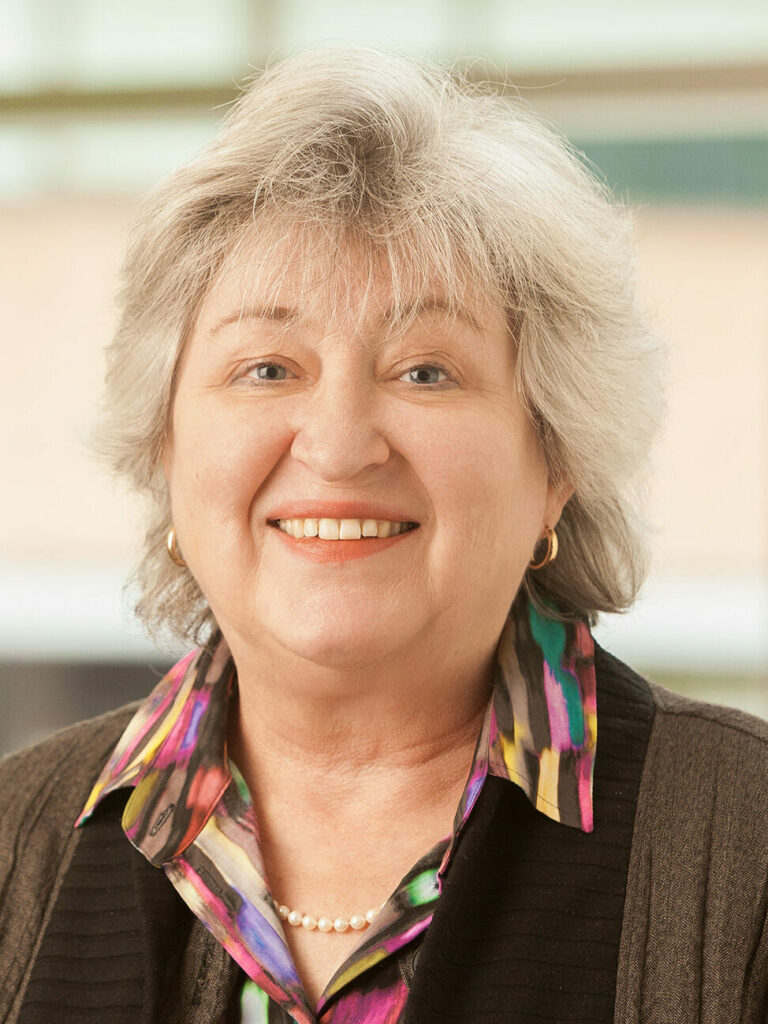
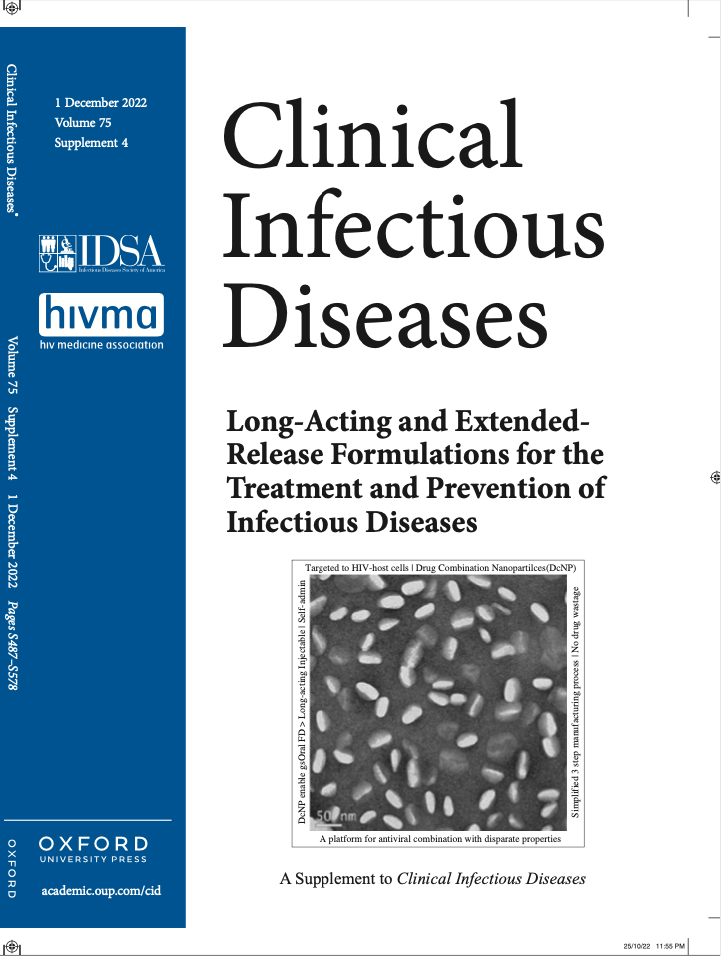
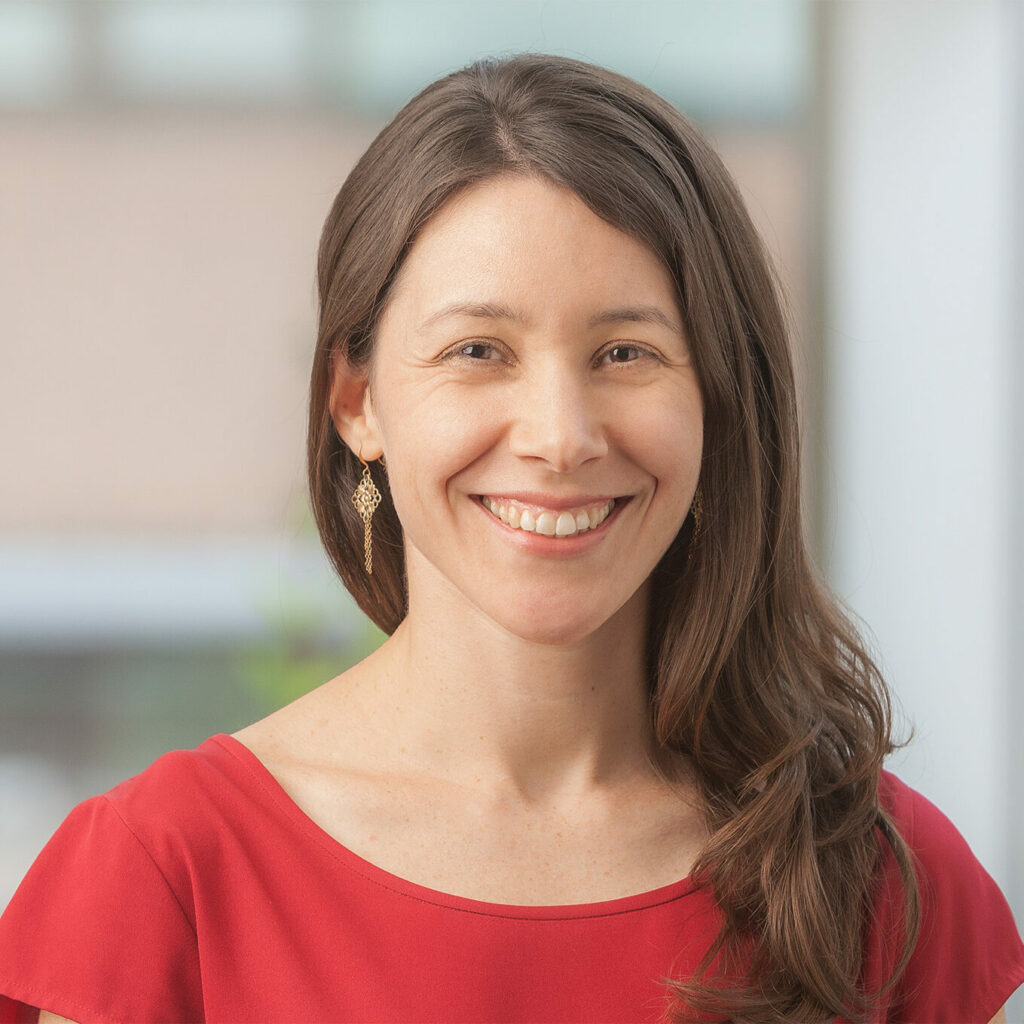
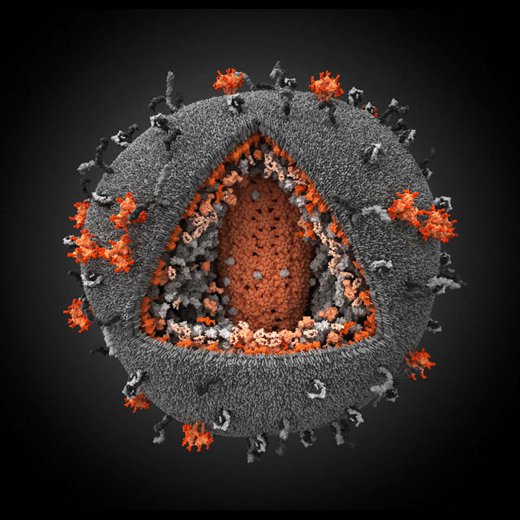
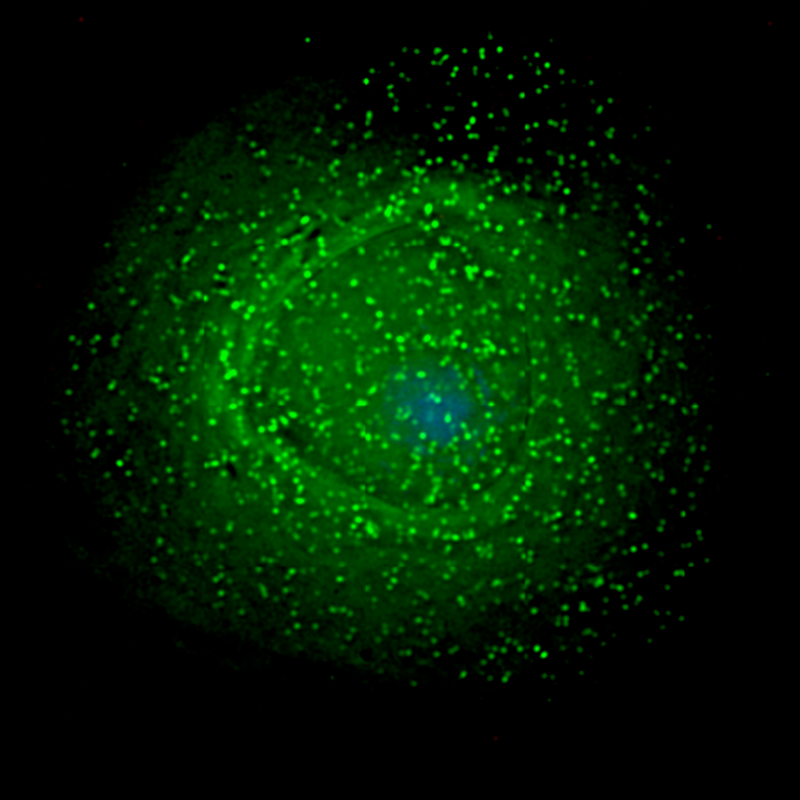
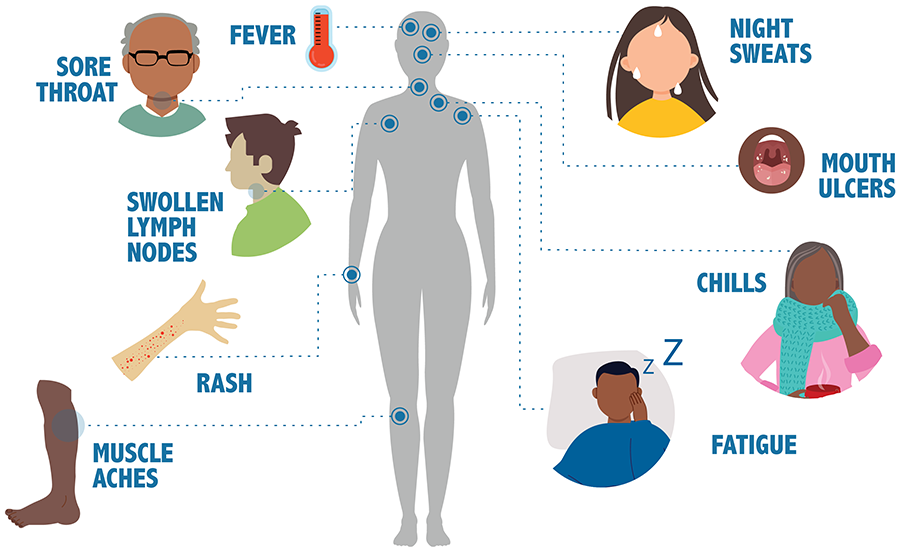
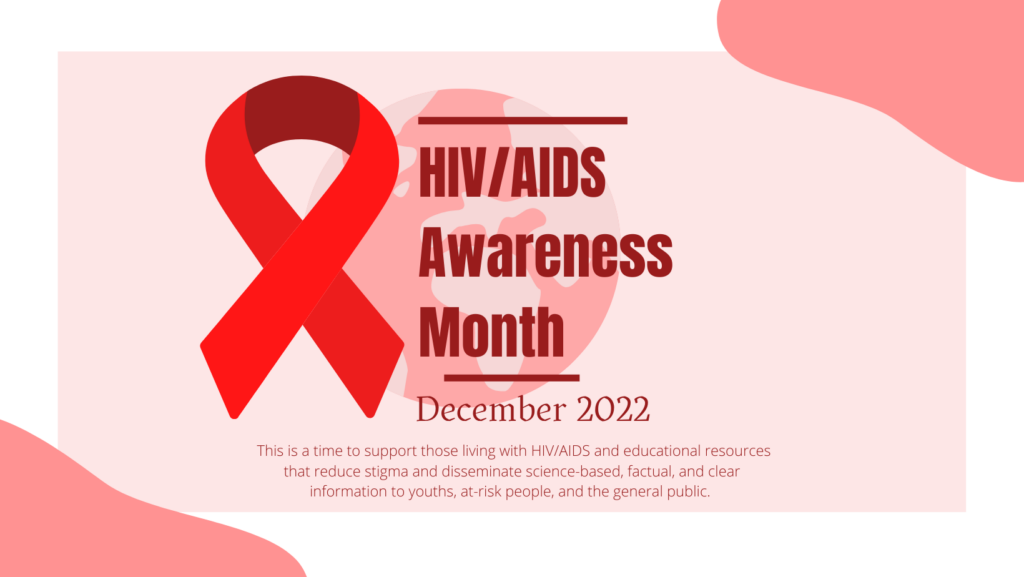
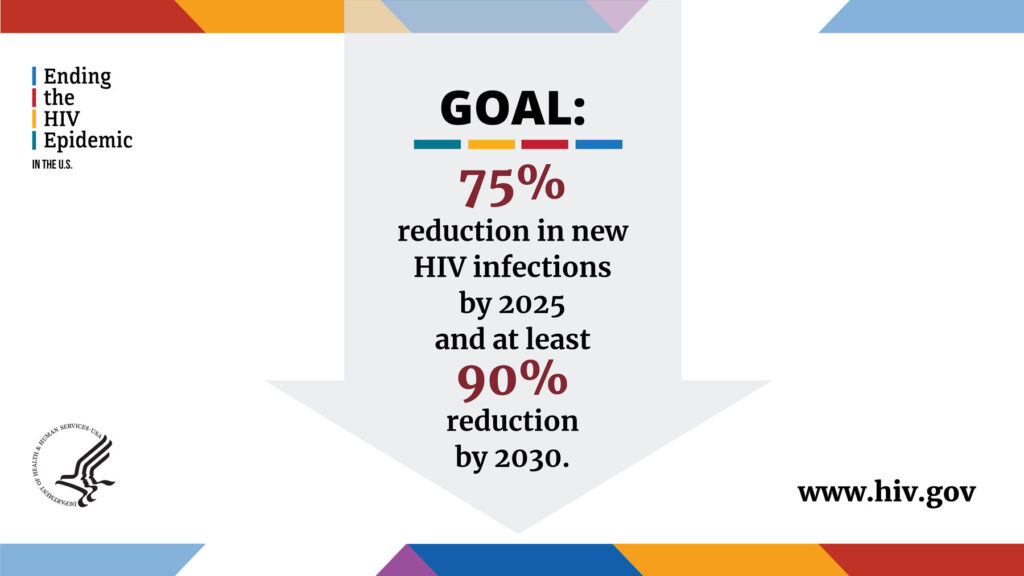
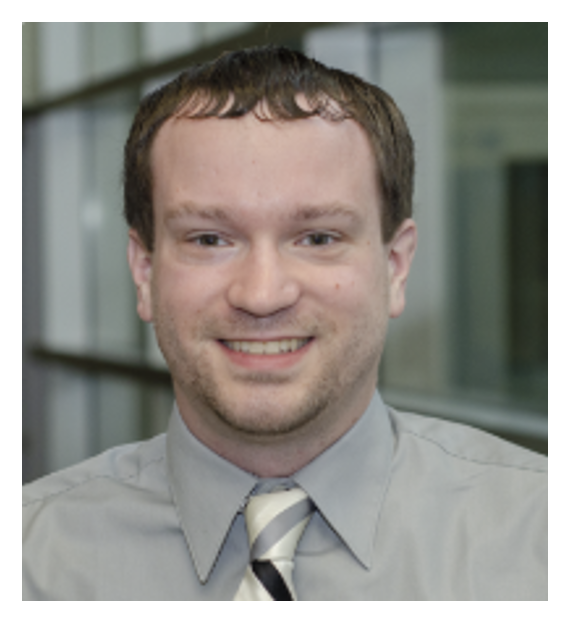
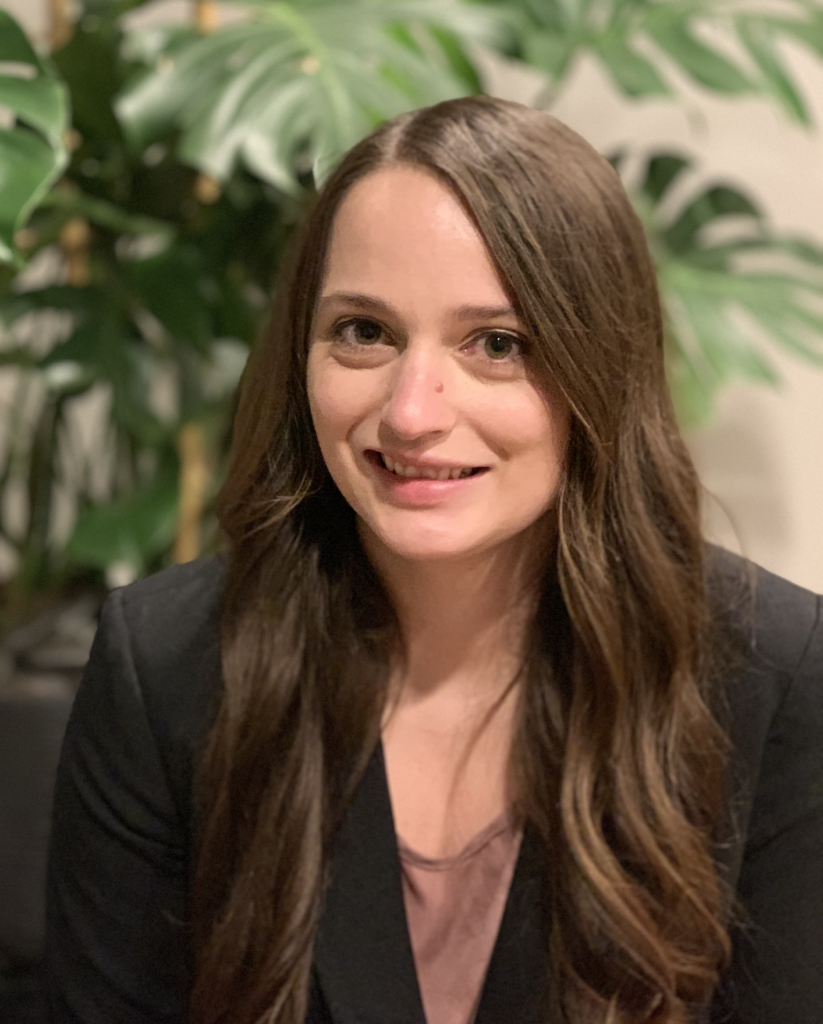
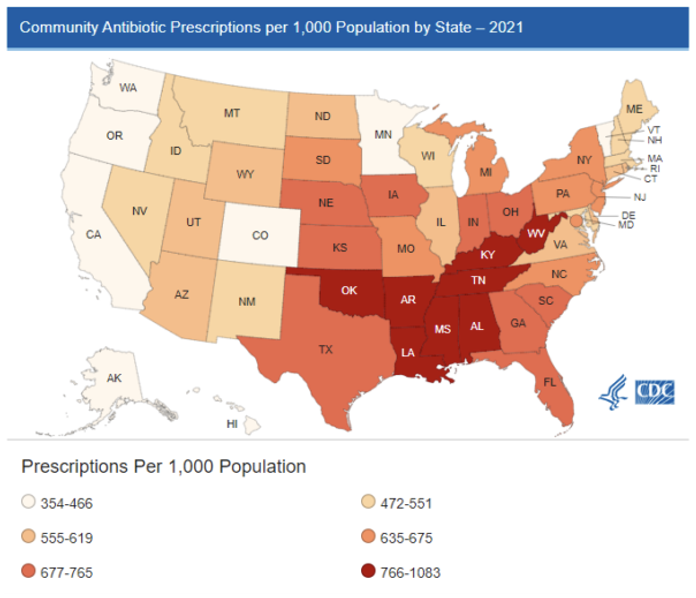
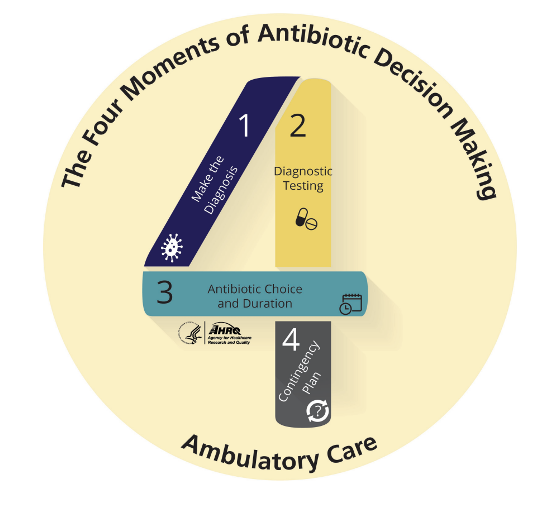

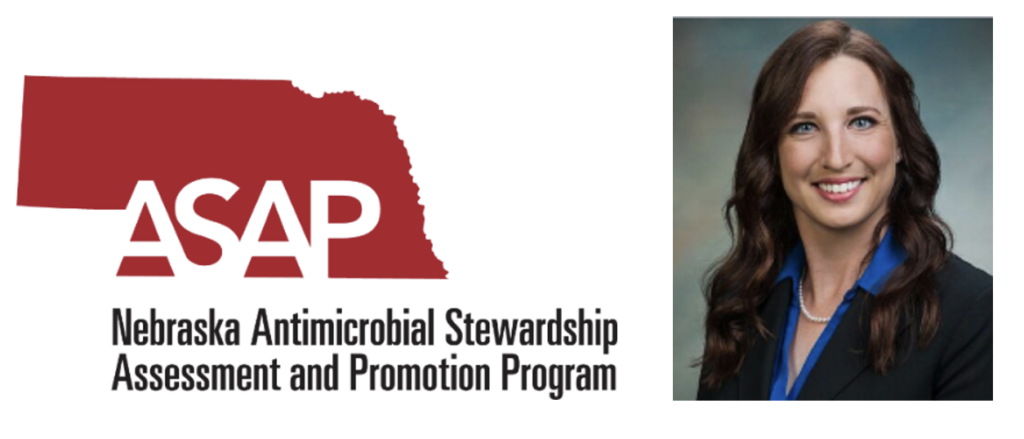
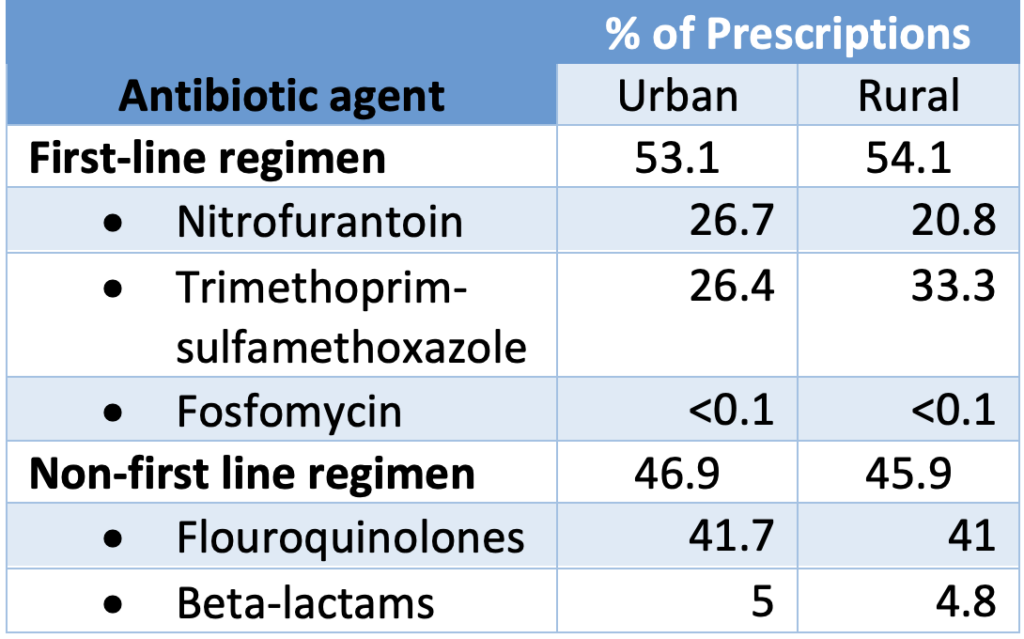
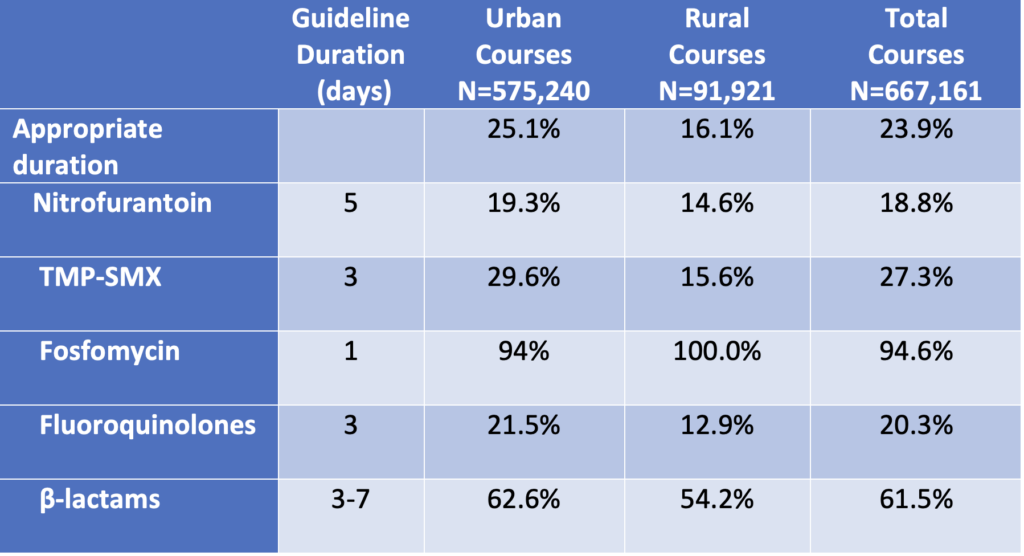
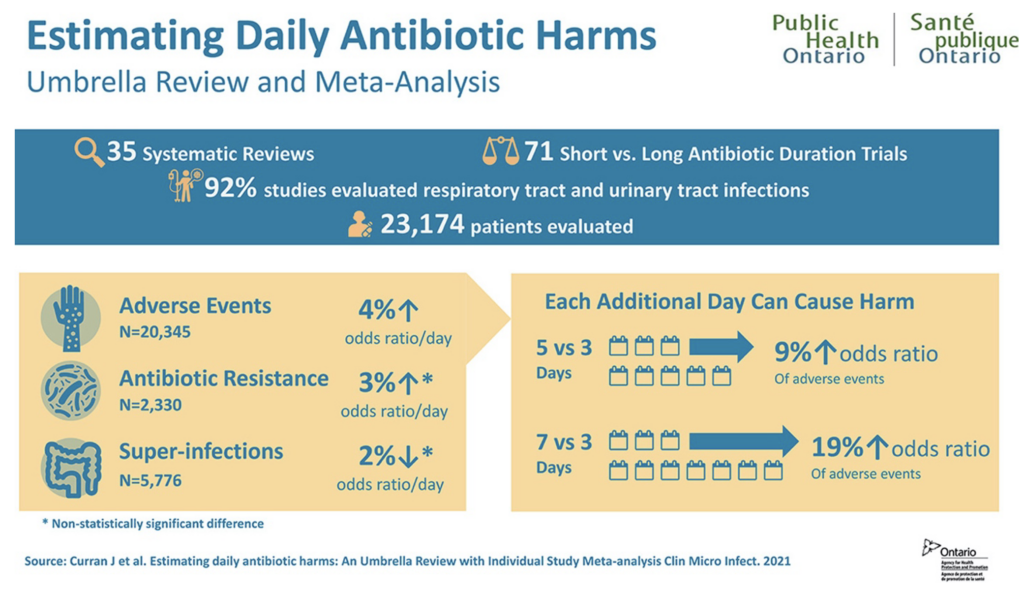
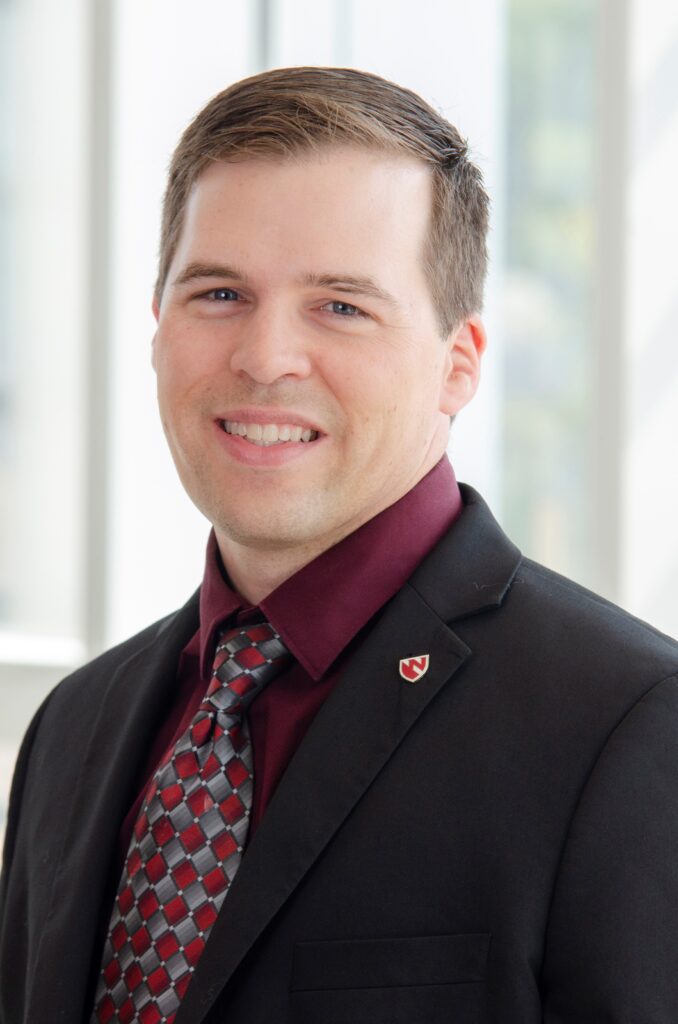
Recent Comments